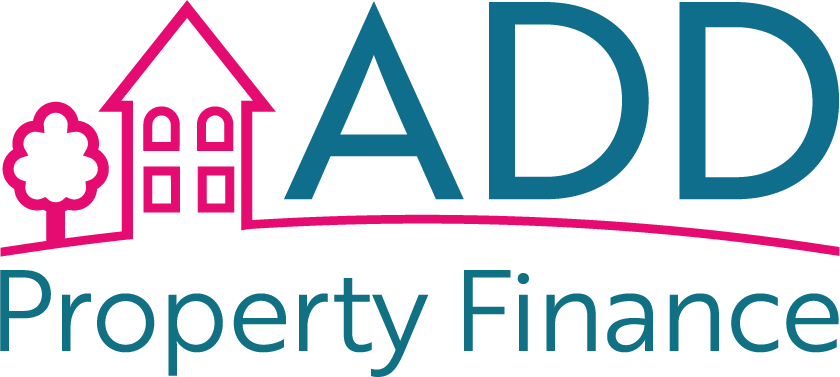If you’re a self-employed individual seeking a mortgage in the UK, one factor that can significantly influence your application is your business structure. Whether you operate as a sole trader, run a limited company, or are part of a partnership, your business structure can affect your mortgage approval process. In this article, we’ll delve into how different business structures can impact your mortgage application and what lenders typically look for.
Sole Trader Mortgage Applicants
Pros
- Simplicity: Sole traders often have simpler financial structures, making it easier to provide financial documentation.
- Full Control: As the sole owner, you have complete control over your business and financial decisions.
Cons
- Income Fluctuations: Lenders may scrutinise income stability, especially if your income fluctuates significantly from year to year.
- Limited Liability: Sole traders have personal liability for business debts, which lenders may consider a risk.
Limited Company Mortgage Applicants
Pros
- Separate Legal Entity: Limited companies are separate legal entities from their owners, potentially providing greater asset protection.
- Tax Efficiency: Some limited company structures may offer tax advantages that can increase income for mortgage purposes.
Cons
- Complex Financials: Lenders may require more extensive financial documentation, including company accounts and tax returns.
- Personal Guarantees: Lenders may ask for personal guarantees or directors’ guarantees, making you personally liable for the mortgage.
Partnership Mortgage Applicants
Pros
- Shared Responsibility: Partnerships involve multiple individuals, potentially spreading financial risk.
- Income Combinations: Lenders may consider the combined income of all partners when assessing mortgage affordability.
Cons
- Joint Liability: Partners are jointly and severally liable for business debts, which can impact personal finances.
- Complex Financials: Similar to limited companies, partnerships may require detailed financial documentation.
What Lenders Look For
- Income Stability: Lenders seek evidence of stable income. For sole traders and partnerships, this involves providing a clear history of earnings. For limited companies, consistent profits are key.
- Affordability: Lenders assess whether you can comfortably meet mortgage repayments based on your income, expenses, and the type of mortgage you’re seeking.
- Business Health: For limited companies and partnerships, lenders may review company accounts and cash flow to gauge financial health.
- Personal Guarantees: In some cases, lenders may request personal guarantees from business owners, making them personally liable for the mortgage.
Tips for Mortgage Success
- Prepare Financial Documentation: Ensure your financial records are well-organised, accurate, and up to date.
- Seek Expert Advice: Consult a mortgage adviser experienced in self-employed applications to navigate complex business structures.
- Plan Ahead: Start the mortgage application process well in advance of your property purchase to address any financial issues or documentation requirements.
Conclusion
Your business structure can influence your mortgage application, but it’s not a barrier to securing a mortgage as a self-employed individual. Understanding the impact of your business structure and working with professionals can help you present a strong case to lenders. Whether you’re a sole trader, limited company owner, or part of a partnership, careful preparation and expert guidance can increase your chances of mortgage approval and bring you one step closer to your homeownership goals.







